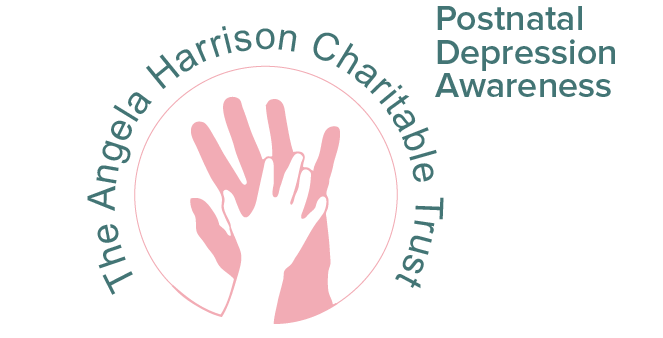There has been a lot of coverage in the news about post natal depression following the Heroes star Hayden Panettierre’s revelation of her own problems. Hayden said that while she hasn’t experienced the extreme levels of depression some women do after giving birth, she has found it difficult at times.
“I can very much relate,” she confessed. “It’s something a lot of women experience. When you’re told about postpartum depression you think it’s ‘I feel negative feelings towards my child, I want to injure or hurt my child.’ I’ve never, ever had those feelings.”
“Some women do, but you don’t realise how broad of a spectrum you can really experience that on. It’s something that needs to be talked about. Women need to know that they’re not alone, and that it does heal.”
Acress Drew Barrymore has also opened up about what it felt like to suffer from post natal depression after the birth of her second child. The 40 year old actress, who is mum to Olive, three, and Frankie, 18 months, said she wasn’t prepared for how overwhelming it would be after giving birth to Frankie. “I didn’t have postpartum the first time so I didn’t understand it because I was like, ‘I feel great’,” she told PEOPLE Magazine. “The second time, I was like ‘Oh, whoa, I see what people talk about now. I understand’. It’s a different type of overwhelming with the second. I really got under a cloud.”
We hope that Hayden and Drew’s decision to go public with their own difficulties will help more people to understand that PND can affect anyone, even film stars with seemingly ‘perfect’ and glamorous lives, and that seeking help is an essential step.


